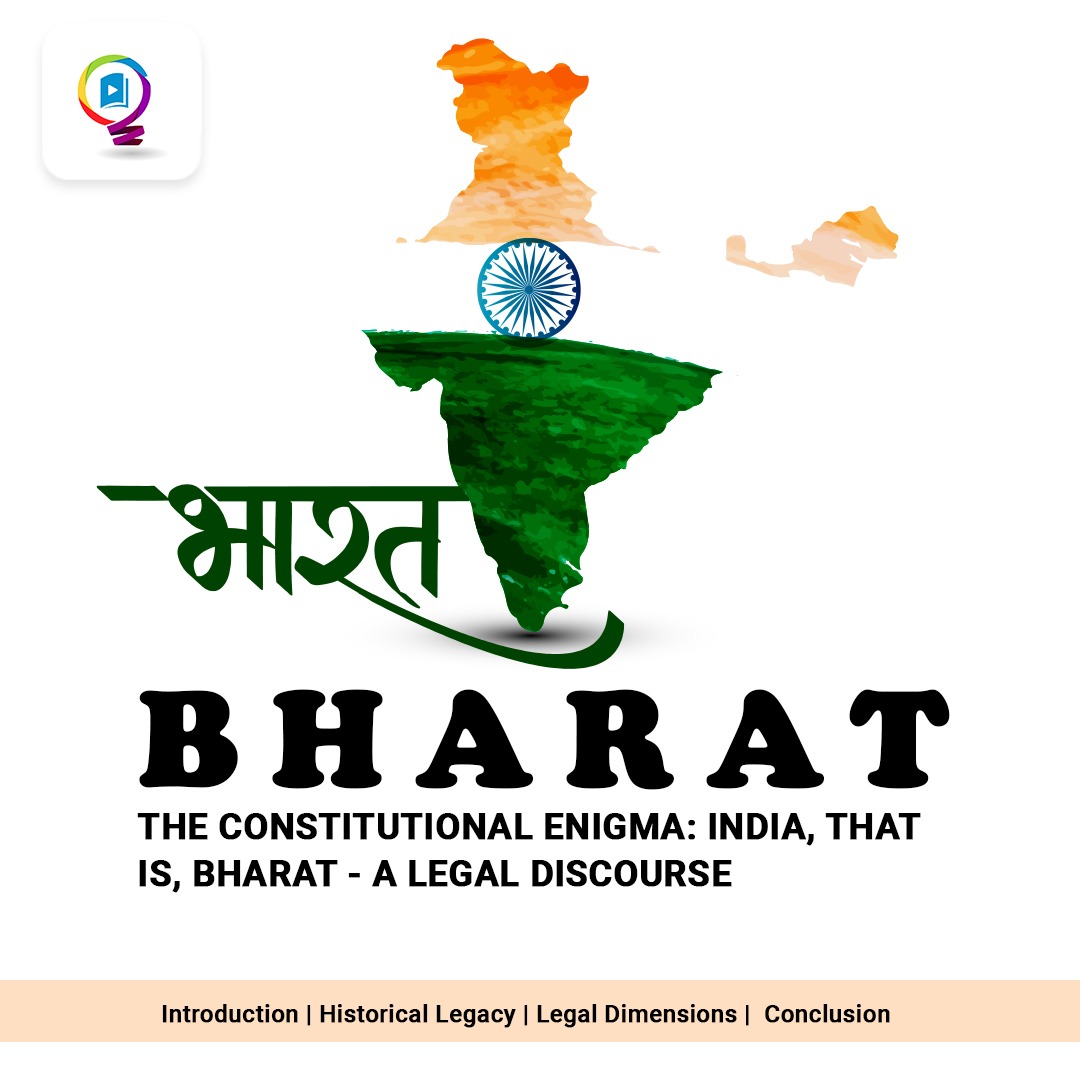CURRENT AFFAIRS
Get the most updated and recent current affair content on Padhaikaro.com
India's Uniform Civil Code: Navigating the Legal Landscape
- Integrity Education, Delhi
- 19, Sep 2023

Introduction
In the ever-evolving realm of Indian law, few topics stir as much debate and intrigue as the prospect of a Uniform Civil Code (UCC). This concept envisions a single set of laws governing personal matters like marriage, divorce, inheritance, and adoption for all citizens, regardless of their religious beliefs. The imminent introduction of a UCC bill in the Indian parliament amplifies the anticipation and interest surrounding this issue. In this comprehensive article, we delve into the historical origins, constitutional provisions, while also examining the pros and cons, and considering the profound views of legal luminaries and constitution founders, which continue to shape the discourse on the Uniform Civil Code in India.
Constitutional Provisions
The genesis of the idea of a Uniform Civil Code lies in the Directive Principles of State Policy, enshrined in Part IV of the Indian Constitution. At the heart of this debate, Article 44 boldly declares, "The State shall endeavour to secure for the citizens a uniform civil code throughout the territory of India." This constitutional provision reflects the framers' intent to harmonise diverse personal laws, customary to various religious communities, into a unified legal framework.
However, the inclusion of Article 44 was not without its fair share of controversy. Dr. B.R. Ambedkar, the chief architect of the Constitution, fervently advocated for a UCC, asserting that it was essential for achieving social justice and gender equality. He contended that religious personal laws, particularly those affecting women, were regressive and discriminatory. Nevertheless, owing to strong opposition and concerns about religious sentiments, Article 44 was incorporated into the Directive Principles, which, though not legally enforceable, serve as moral directives for the government.
Pros and Cons of introducing an Uniform civil code.
Pros:
- Gender Equality: One of the most compelling arguments in favor of a UCC is that it would ensure gender equality in personal laws. Currently, various religious personal laws discriminate against women, particularly in matters of divorce, inheritance, and maintenance. A UCC could rectify these inequalities and promote social justice.
- Secularism: A UCC aligns with the secular principles of the Indian state. It would separate personal matters from religious beliefs and practices, reinforcing the idea of a secular state that treats all its citizens equally, irrespective of their faith.
- National Integration: A UCC has the potential to foster national integration by reducing the divisive influence of religious personal laws. It could contribute to a more cohesive and united India by emphasizing common civil laws.
Cons:
- Religious Sensitivities: The implementation of a UCC is met with apprehension among religious minorities who fear that it might infringe upon their personal laws and practices. Striking a balance between preserving religious autonomy and achieving uniformity is a complex challenge.
- Diverse Cultural Landscape: India's cultural diversity is vast, and personal laws often reflect these diverse traditions. Imposing a uniform code may be seen as culturally insensitive and may not take into account the unique customs and practices of various communities.
- Implementation Challenges: The practical implementation of a UCC is daunting. It requires navigating the complexities of multiple religious traditions and customs, potentially leading to legal and social upheaval.
Views of Legal Luminaries and Constitution Founders
- Dr. B.R. Ambedkar: Dr. Ambedkar's resolute stance on the Uniform Civil Code was rooted in his belief that it was necessary to eradicate gender-based discrimination present in religious personal laws. He famously said, "I personally do not understand why religion should be given this vast, expansive jurisdiction, so as to cover the whole of life and to prevent the legislature from encroaching upon that field."
- Jawaharlal Nehru: India's first Prime Minister, Nehru, was a proponent of a UCC as well. He saw it as a means to promote secularism and national integration. Nehru opined, "We want to be just to all. We want to be fair to everybody… Let me tell you, the Hindu Code Bill was a major reform, and yet we did it. So the Congress has no difficulty in carrying out such reforms."
- Dr. Rajendra Prasad: India's first President, Dr. Rajendra Prasad, emphasized a gradual approach to UCC implementation, taking into account the diverse religious and cultural fabric of the nation. He opined that "if uniformity in respect of laws governing different communities was brought about suddenly, it might lead to friction and chaos."
- Contemporary Perspectives: Modern legal scholars like Fali S. Nariman and Soli Sorabjee have advocated for a UCC. They argue that it is not only constitutionally desirable but also crucial for ensuring gender justice and fostering a sense of national unity.
Conclusion
The journey towards implementing a Uniform Civil Code in India is beset with challenges, primarily due to the deeply ingrained religious and cultural diversity. Balancing the preservation of religious autonomy and ensuring gender equality remains a formidable task.
As the UCC bill looms on the horizon, India stands at a crucial juncture, ready to script the next chapter in its legal and constitutional evolution. The key lies in navigating the delicate balance between preserving diversity and upholding the principles of justice and equality. The discourse surrounding the Uniform Civil Code continues to be an enthralling legal odyssey, where the past, present, and future converge, shaping the destiny of the Indian legal landscape.